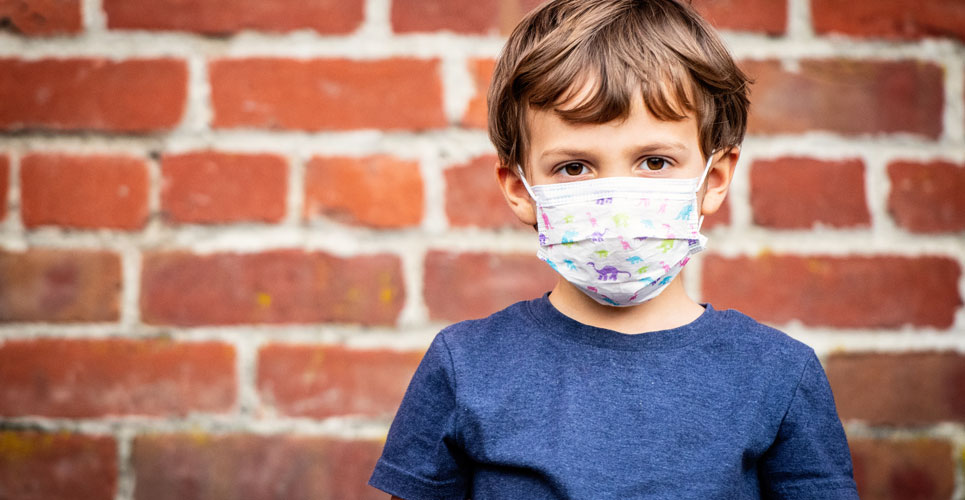Immunosuppressed children and young people are deemed to be a higher risk of infection with COVID-19 but there is a lack of data on incidence of infection among this specific group.
Due to a perceived increased risk of more severe infection with COVID-19, shielding has been recommended for children and young people who are immunocompromised, even though the levels of infection among children are known to be low.
Nevertheless, there is a lack of data on the incidence of COVID-19 symptoms among immunocompromised young people. This lack of evidence, prompted a team from the NIHR Southampton Clinical Research Facility, University Hospital Southampton NHS Foundation Trust, to examine this patient cohort in more detail.
The team undertook a prospective study of immunocompromised patients aged 18 years and under, identified by clinical teams across 46 hospitals in the UK.
They defined someone as as immunocompromised by the need for an annual influenza vaccination because of an underlying medical condition or medication. Eligible parents and children were asked to provide online and weekly information on COVID-19 symptoms, test results, attendance at hospital and the effects of the virus on daily life.
The primary outcome of interest was the incidence of COVID-19-related symptoms and also patient/parent anxiety scores. While recruitment into the study ceased in July 2020, data collection continues and participant follow-up is planned for another 12 months.
Findings
A total of 1490 immunocompromised children with a median age of 11 years (54.5% female) were included in the analysis. Among these young people, 922 (67.4%) reported at least one symptom that was consistent with COVID-19 and 476 (34.8%) reported three or more symptoms.
However, only 110 who were symptomatic underwent a COVID-19 test, all of which were negative. There were 137 participants whose medication was stopped or changed due to a risk of COVID-19, of which 117 (85.4%) reported symptoms.
In addition, 62% of questionnaire respondents reported high levels of anxiety, i.e., scores of 7 – 10 (out of 10) at the start of the study but these remained high throughout the study.
The authors noted that while it was reassuring that none of those who were symptomatic actually had a confirmed infection, many of the COVID-19-related symptoms reported such as joint pain, fatigue or headache are also related to disease exacerbation.
They concluded that the reporting of classic COVID-19 symptoms may not be helpful among immunocompromised patients.
Citation
Shaunak M et al. COVID-19 symptom surveillance in immunocompromised children and young people in the UK: a prospective observational cohort study. BMJ Open 2021.

